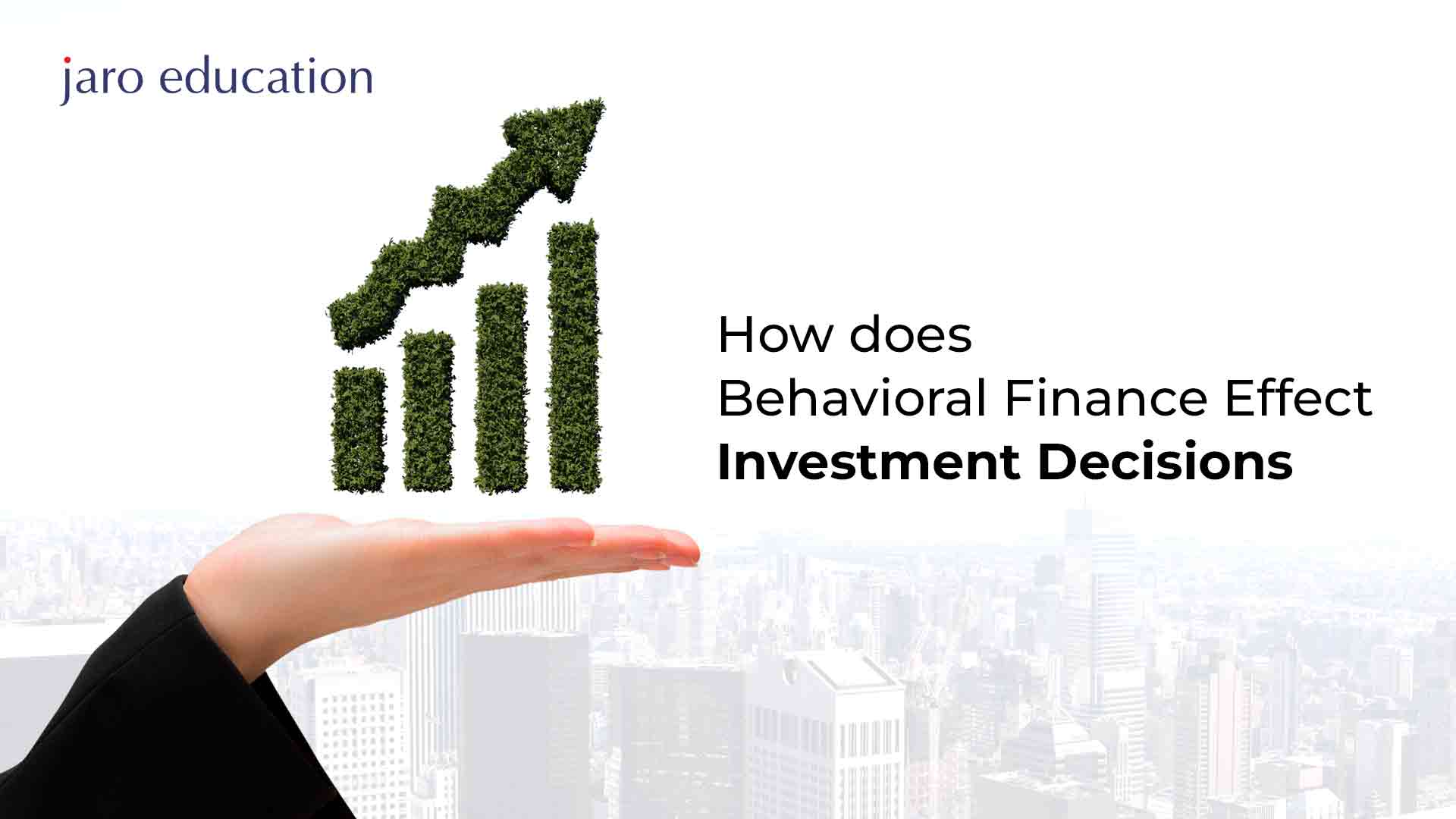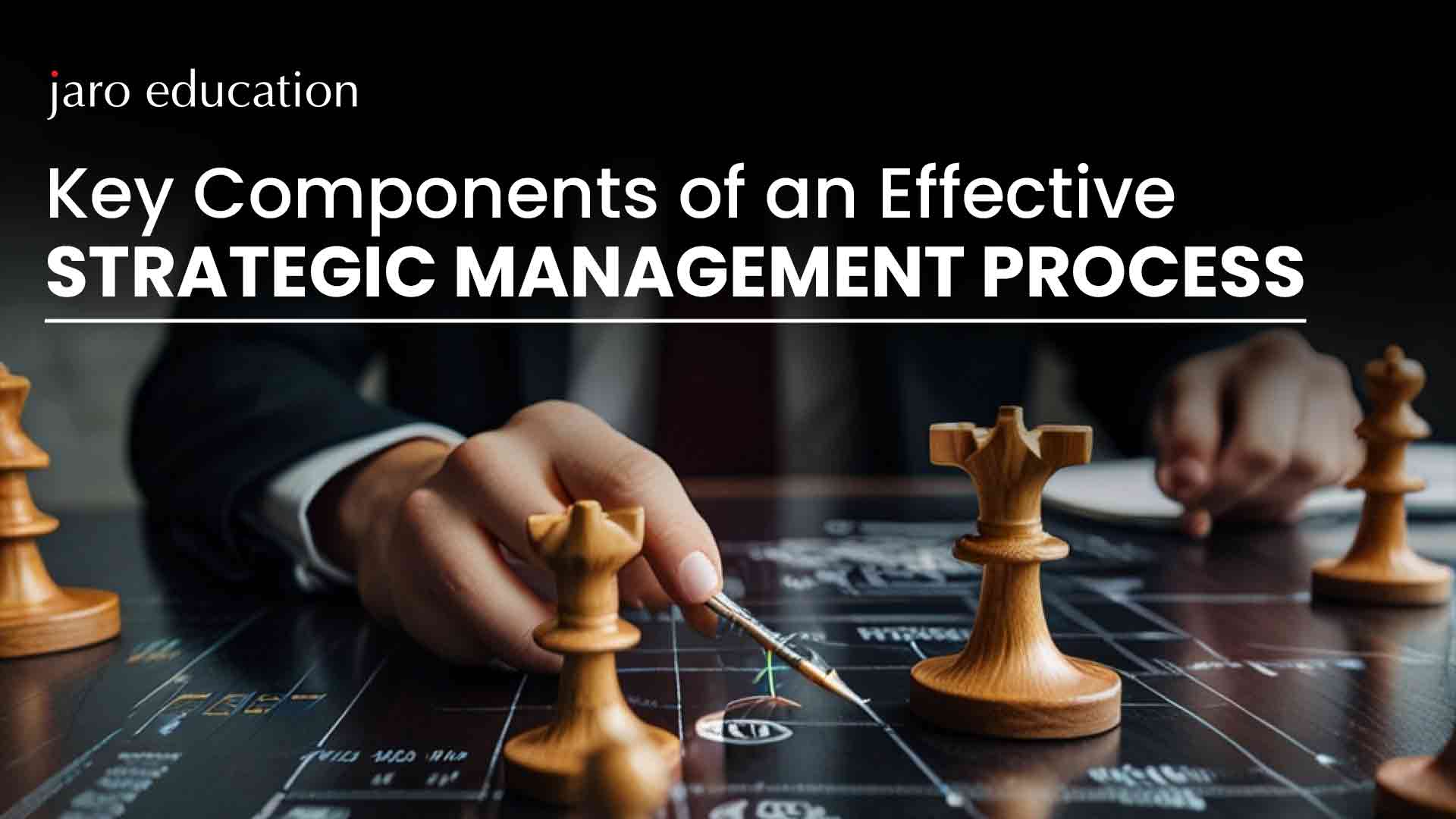
It takes days or even months of research to make investment decisions as it affects your business budget and helps you to plan corporate finance accordingly.
Investors who are looking forward to gaining an investment edge can make an impactful decision by observing and controlling their behavioral biases. But, what are these biases? How does it affect investment-related decision making? Let’s know further.
What is Behavioral Finance?
Behavioral finance is a part of finance that studies the influence of psychological and emotional factors based on the behavior of investors and financial markets. It integrates cognitive psychology, economics, and finance to understand how people make financial decisions.
Behavioral experts claim that investors are not always quick to determine or take their best interest while making decisions
In other words, individuals with nominal interests can influence by numerous cognitive biases and heuristics. These biases can direct to market inefficiencies, such as underreaction or overreaction to news, unusual behavior, and extreme risk-taking or dislike for something.
By analyzing and understanding these biases, behavioral finance aspires to develop strategies that help investors make more knowledgeable decisions and mitigate the effect of irrational behavior on their investment returns.
Table of Contents
Types of Behavioral Biases Affecting Investment Decisions
Behaviour Biases
Behavioral biases refer to the systematic errors in our thinking and decision-making strategies that can lead to suboptimal investment decisions. These biases are often rooted in our emotions, past experiences, and cognitive constraints and can be expressed in various ways.
One common behavioral bias in investing is the herd mentality, where individuals observe the actions of others without independent analysis or due persistence. It can result in a market crash as the market becomes detached from the underlying fundamentals.
Another bias is the anchoring effect, where investors adhere to a particular view or price point, even in the face of contradictory proof. It can lead to missed possibilities or holding onto underperforming assets for a period of time.
Confirmation bias is another prevalent bias, where individuals seek details to verify their pre-existing beliefs while ignoring contradictory evidence. It can lead to overconfidence and overvaluation of certain assets.
Loss aversion is one such bias that guides the tendency to experience tremendous pain from losses than pleasure from gains, resulting in risk-averse behavior and neglected growth opportunities.
Cognitive Errors
Cognitive errors, also known as thinking errors, are common errors in reasoning and decision-making that can have a crucial impact on investment decisions. These mistakes can be caused by factors, such as incomplete data and cognitive biases
A cognitive error that can impact investment decisions is overconfidence bias, where investors believe that their capabilities and knowledge are more significant than they are, leading to minimizing risks and highly overestimating expected returns.
Next type of Cognitive error is confirmation bias, where investors tend to seek out information that confirms their current beliefs while ignoring evidence to the contrary. It can result in making investment decisions based on incomplete or biased information.
The hindsight bias is another cognitive error, where investors believe they could have predicted an event after it took place, leading to overconfidence in their capabilities to predict future events.
The availability heuristic is also a type of cognitive error where investors rely too heavily on readily available information, rather than seeking out additional information to make informed decisions.
Being aware of these cognitive errors and understanding how they can impact investment decisions can help investors make better decisions and avoid expensive mistakes. It’s essential to gather as much information as possible and be open to varying opinions based on new evidence.
Strategies for Overcoming Behavioral Biases and Cognitive Errors
Overcoming behavioral biases and cognitive errors is essential for making sound investment decisions. Here are a few strategies for errors that can help:
Conduct thorough research
Conducting thorough research and analysis can help you avoid making decisions based on incomplete or biased information. So, stay up to date with the latest news and trends in the markets, and seek out a variety of sources to ensure that you are well-informed.
Develop a disciplined investment strategy
By developing a disciplined investment strategy, you can avoid making impulsive investment decisions based on emotions or cognitive biases. Stick to a plan that you have developed ahead of time, based on your risk tolerance and financial goals.
Practice mindfulness
Practicing mindfulness can help you become more aware of your thoughts and emotions, making it easier to identify when you are making decisions based on biases or cognitive errors.
Seek advice from a professional
Working with a financial advisor or investment professional can offer valuable insights and guidance, helping you make more informed decisions and restricting you from making a particular decisions based on common biases and errors.
Diversify your portfolio
Diversifying your portfolio can help mitigate the effect of market fluctuations, decreasing the risk of making impulsive decisions based on fear or overconfidence.
Thus, Behavioral finance has a significant impact on investment decisions. It has been identified that investors are humans and subject to emotions and biases that apparently impact their decision-making.
And in the end, these biases can lead to poor investment decisions but an effective tool, such as setting clear investment goals and seeking advice from professionals can help make the right decision. If you want to learn more about it, then you must check out IIM Nagpur’s PG Certificate Programme In Financial Technologies (FinTech). This programme is intended for professionals who are keen to understand the potential of new financial technologies, such as cryptocurrencies, artificial intelligence, and blockchain in finance











